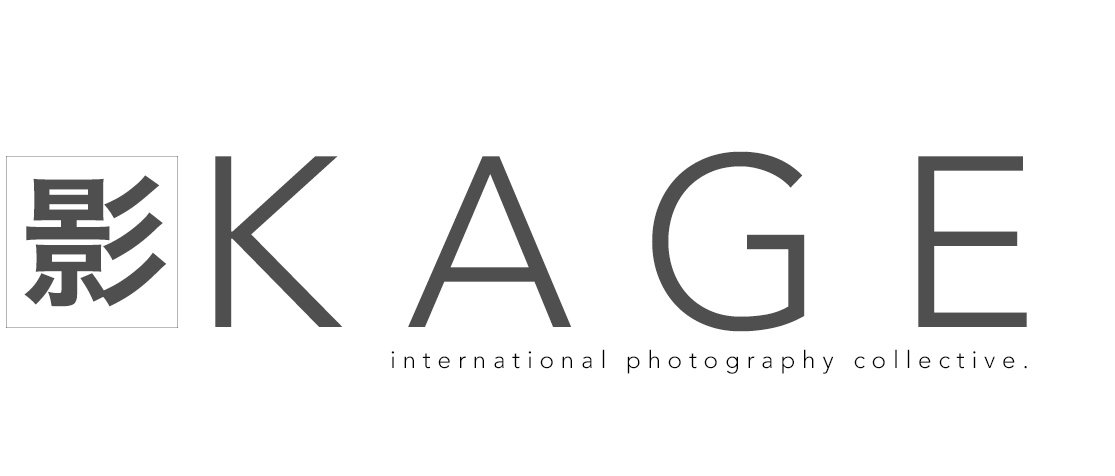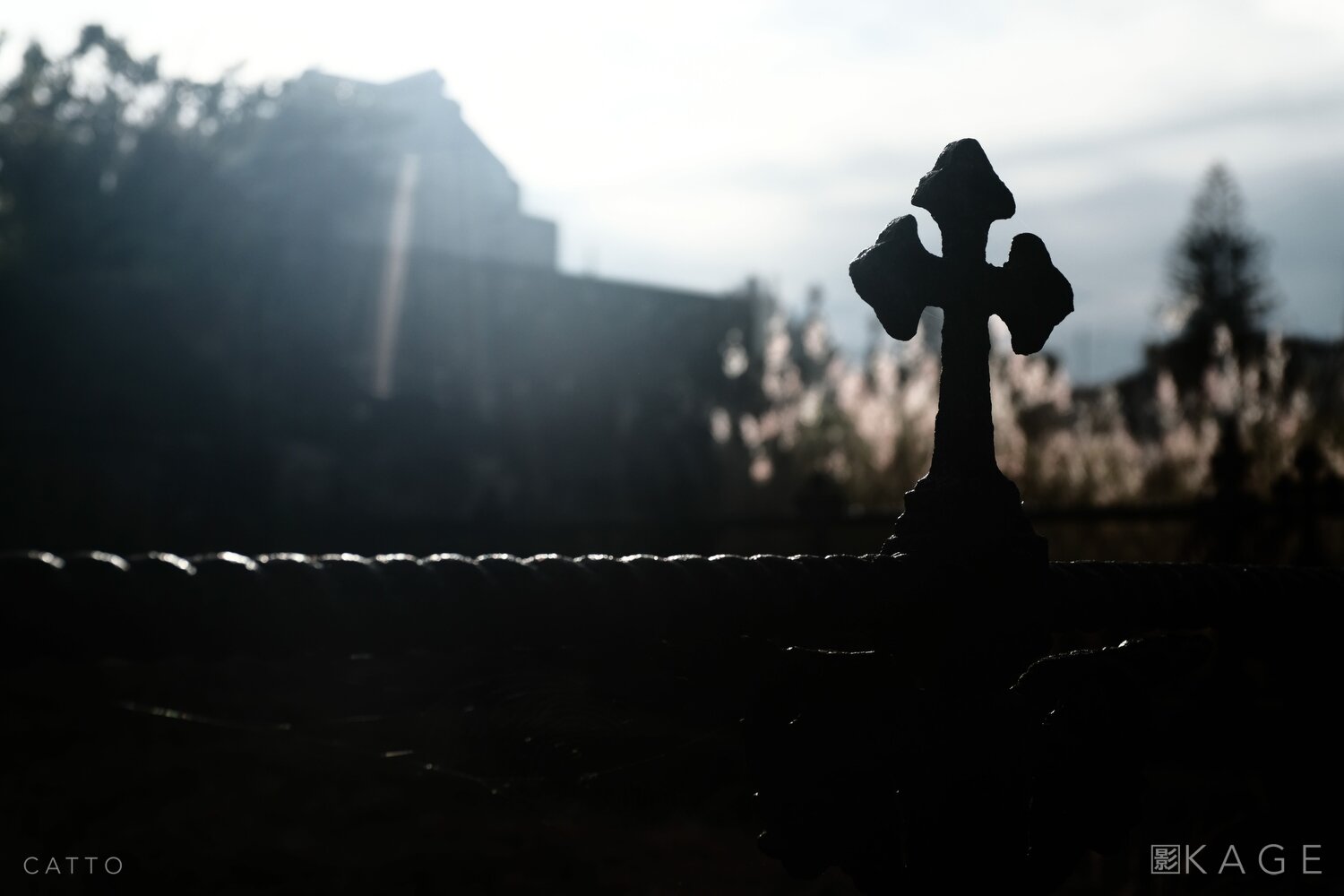BY ROBERT CATTO
This image, from Derek Clark’s essay Negative 25, was my starting point for this essay.
I got a message recently from my sister in Toronto, to say that our dad’s gravestone had been installed in the cemetery where we laid him to rest one snowy day last year, before the pandemic began.
She’d also found an older family plot, in a different part of the same cemetery, and had spent a day there cleaning up the monument—and unearthing the stones of some of our ancestors that had been covered in dirt and grass, over many years.
Completely by coincidence, I’d recently been doing a bit of searching into my partner’s family here in Sydney, and discovered that her great-great grandfather had been the mayor of Redfern, the next suburb, over a hundred years ago—and had lived for decades about two blocks from our home. This week I decided to go for a walk through Waverley Cemetery, just south of here, and managed to find her family’s plot there, as well.
So family history had been on my mind lately, when the news in Canada broke of the discovery of the remains of 215 children at a former residential school, where the Government had forcibly taken Indigenous children for many years.
These schools had been run, first by the church, then by the government, since the mid-1800s; but the last one didn’t close until 1996.
Think about that.
At one school, over 80 years, an average of two to three children died—every year—and were buried on the property. Did their parents even know what happened to them? Most likely, they were reported to have run away and never been found. They disappeared.
There were 139 residential schools in Canada.
It shocked me, if I’m honest. But it shouldn’t have; the Truth & Reconciliation Commission of Canada’s report came out in 2015 after six years of investigation and listening to survivors of the system, and laid out in full what had happened to all those First Nations children, for all those years.
I realise now what a privilege it has been just to know my own parents—not to have been taken from them from the ages of 5 to 16 years old, and kept in a dormitory with hundreds of other frightened kids, and treated as abysmally as these children were.
A privilege to have had parents who knew their parents, who weren’t terrified of having their children taken—like they may have been themselves—by a government official, acting under the laws of the day.
To know where our families are buried, and be able to visit and tend to their graves. To have heirlooms, photos, or to have heard stories about them since I was young.
To be able to trace our history. To have any kind of monument, small or large, to that history. Just to know their names, where they were from.
I take all of this for granted.
I like to think of Canada as one of the kind nations, who welcome people in with a smile, who help others where they can. But there’s no escaping the fact that we have hurt hundreds of thousands of families, who have been forced to give up or lose their own histories, their languages, their lands, their children.
On a recommendation from a friend, I watched this short documentary feature yesterday: Canada’s Dark Secret. All of it is quite intense, and forcefully told, but this one passage from it really struck me.
“...what you don’t hear about is what happens to adults, when their kids are ripped away. And those kids come back broken; but they come back broken, to adults that are insane.
So, NOBODY is okay.”
These schools were still operating when I finished high school, when I went to university, when I started getting jobs.
We’re not talking about ancient history here—we’re talking about people now in their thirties or forties, and their parents, and their parents, and their parents. Seven generations of First Nations families.
However horrified I am by this news, it’s nothing compared to the inter-generational trauma they’ve suffered.
I hope this is the start of a conversation for Canada, for Canadians, about how we can work together to heal these wounds.
Too many families have been torn apart—as was the case here in Australia with the Stolen Generations—too many memories lost, and too many stories ignored. We need to look hard at our institutions, and whose names we lift up or statues we raise, while these children lay unremembered, with no memorial. They are us. We are them.
We have to start to mend these broken threads.














